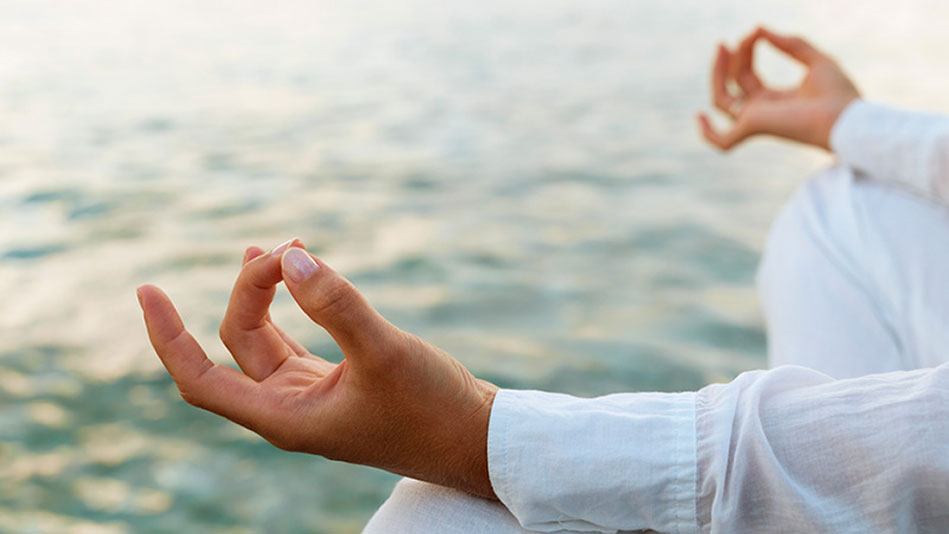
How to Adjust Your Default Setting
I encourage you to check out for yourself what is going on at such times. For most of us, usually it is thinking. Thinking is going on. It takes lots of different forms.
Thinking seems to constitute our "default setting" rather than awareness.
It is a good thing to notice, because in this way, we might slowly shift from this automatic reverting to thinking over and over again to another mode of mind that may stand us in far better stead, namely awareness itself. Perhaps over time we can adjust our default setting to one of greater mindfulness rather than of mindlessness and being lost in thought.
As soon as you take your seat or lie down to meditate, the first thing you will notice is that the mind has a life of its own. It just goes on and on and on: thinking, musing, fantasizing, planning, anticipating, worrying, liking, disliking, remembering, forgetting, evaluating, reacting, telling itself stories—a seemingly endless stream of activity that you may not have ever noticed in quite this way until you put out the welcome mat for a few moments of non-doing, of just being.
And what is more, now that you have decided to cultivate greater mindfulness in your life, your mind is at risk for filling up with a host of new ideas and opinions—about meditation, about mindfulness, about how well you're doing or not doing, about whether you are doing it right—in addition to all the other ideas and opinions swirling around in the mind.
It is a bit like television sports commentary. There is what is actually going on in the game, and then there is the endless commentary. When you begin a formal meditation practice, it is almost inevitable that you will now be subject to meditation commentary to one degree or another. It can fill the space of the mind. Yet it is not the meditation any more than the play-by-play is the game itself.
Sometimes shutting off the sound on the television can allow you to actually watch the game and take it in in an entirely different and more direct way—a first-order, first-person experience—rather than filtered through the mind of another. In the case of meditation it is the same, except your own thoughts are doing the broadcast commentary, turning a first-order direct experience of the moment into a second-order story about it: how hard it is, how great it is, and on and on and on.
On some occasions your thoughts might tell you how boring meditation is, how silly you were for thinking that this non-doing approach might be of any value, given that it seems to bring up a good deal of discomfort, tension, boredom, and impatience. You might find yourself questioning the value of awareness, wondering, for instance, how awareness of how uncomfortable you are could possibly "liberate" you, or reduce your stress and anxiety, or help you in any way at all above and beyond just wasting time and succumbing to endless tedium.
This is what the thought-stream does, and that is precisely why we need to become intimate with our minds through careful observation. Otherwise, thinking completely dominates our lives and colors everything we feel and do and care about. And you are not special in this regard. Everybody has a similar thought-stream running 24/7, often without realizing it at all.













